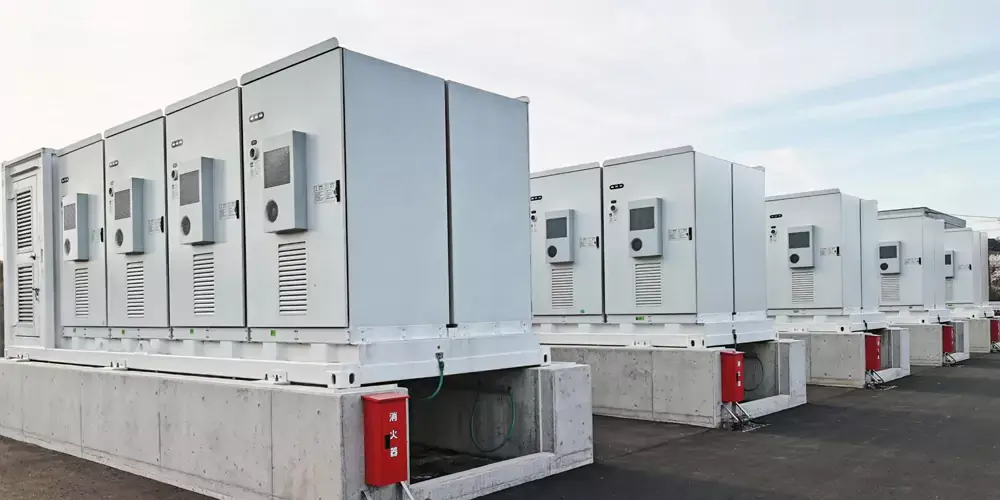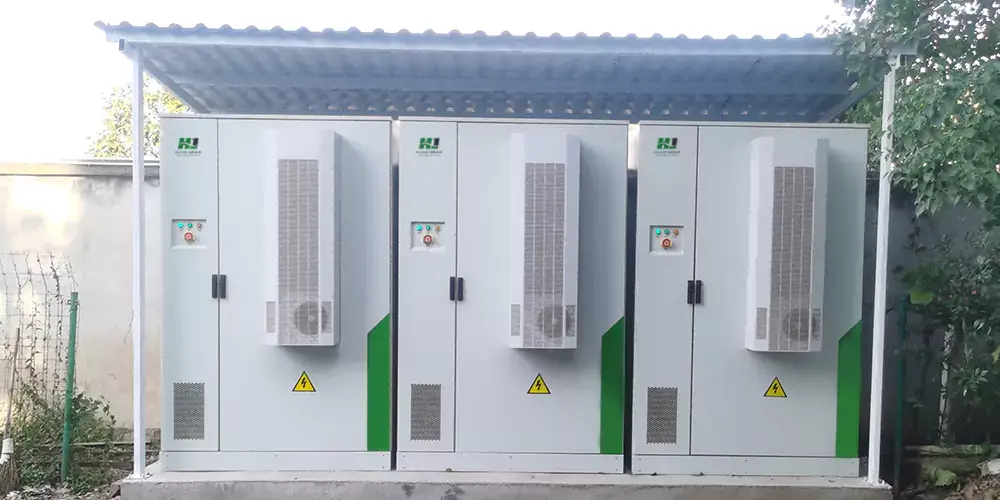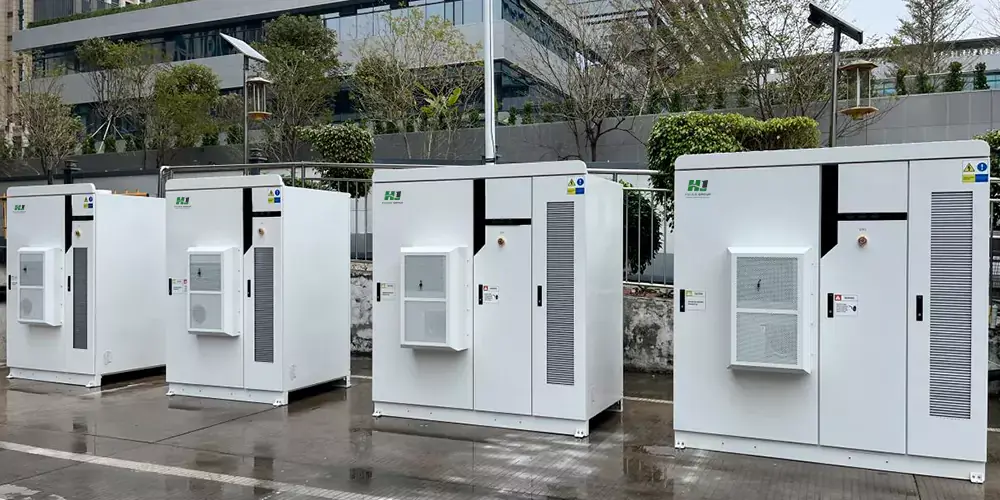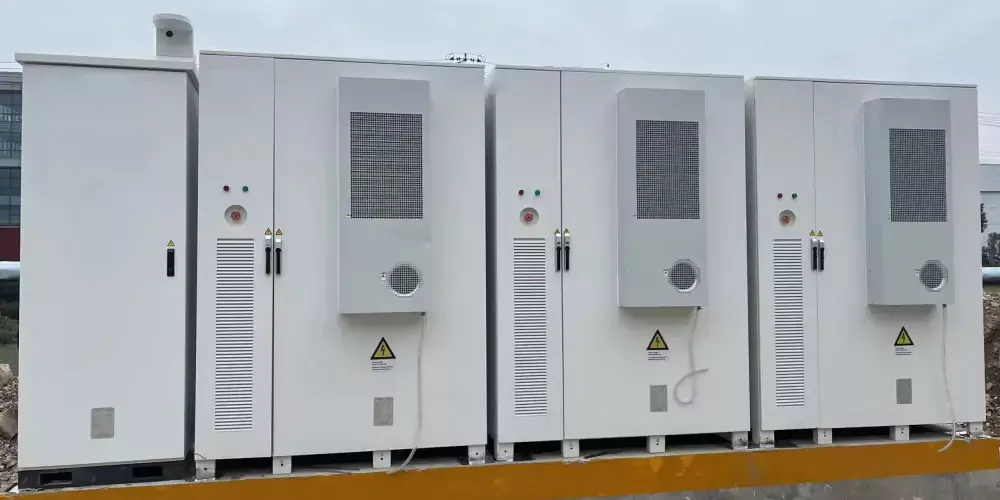Maximizing Energy Efficiency: The Complete Guide to Commercial Solar Systems
1.What is a Commercial Solar System?
A commercial solar system is a photovoltaic (PV) system designed to meet the energy needs of businesses. Unlike residential solar systems, commercial solar is typically larger in scale and designed to support energy-intensive operations. The system works by converting sunlight into electricity using solar panels, which consist of numerous solar cells. These cells are made of materials like silicon, which create an electric field when exposed to sunlight, generating power that can be used immediately or stored for later use.
While residential solar systems are usually designed for individual homes, commercial solar systems cater to the energy demands of industries, retail centers, schools, and government buildings. The scale and efficiency make commercial systems a crucial component of many industries’ sustainability strategies.
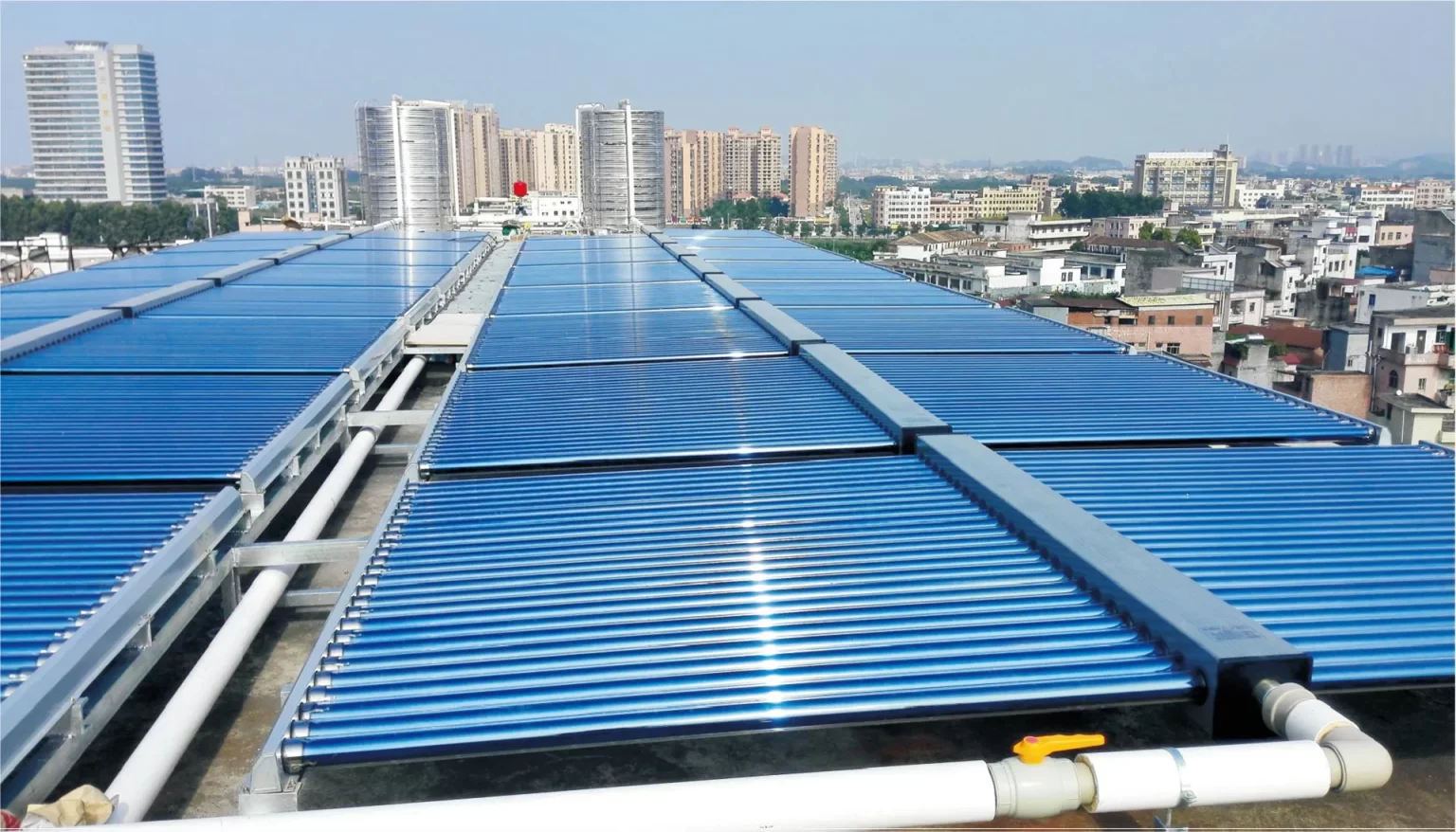
2,Benefits of Commercial Solar Systems
Commercial solar systems offer a wide range of benefits that go beyond just reducing energy bills. Here are the key advantages:
Energy Efficiency: By harnessing sunlight, a business can generate its own electricity, cutting down reliance on traditional power grids. This reduces the overall energy consumption and improves efficiency by aligning production with demand.
Cost Savings: Businesses using solar systems can experience a significant reduction in electricity costs. Solar panels have a lifespan of over 25 years, meaning long-term savings that positively impact a company’s bottom line.
Environmental Impact: Solar power produces no harmful emissions, which means businesses can reduce their carbon footprint and contribute to environmental sustainability.
Energy Independence: Solar systems provide businesses with a degree of energy independence, protecting them from fluctuating energy prices and supply disruptions.
3.Key Components of a Commercial Solar System
The efficiency and performance of a commercial solar system depend on several key components:
Solar Panels: The heart of the system, solar panels capture sunlight and convert it into electricity. High-efficiency panels with advanced technology can generate more power in limited space.Inverters: These devices convert the DC power generated by solar panels into usable AC power for your business. Choosing the right inverter is essential for optimizing system performance.
Battery Storage Systems: With a battery storage system, businesses can store excess energy generated during the day and use it during periods of high demand or at night. This ensures a continuous power supply and reduces the reliance on the grid.Monitoring and Management Systems: Advanced monitoring tools allow businesses to track energy production and consumption in real-time. This data helps optimize energy use and identifies potential issues before they become costly.
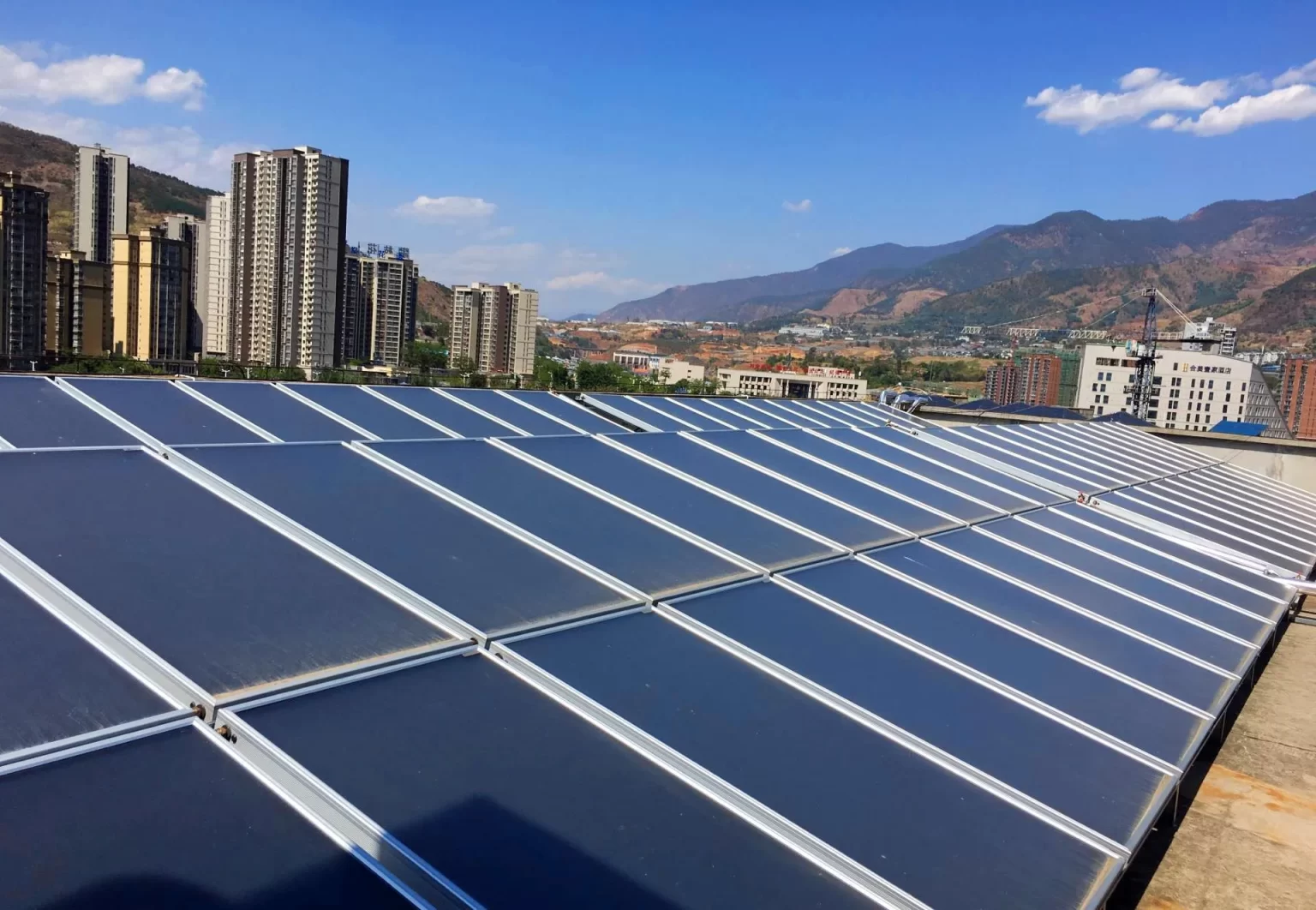
4.Maximizing Energy Efficiency with Commercial Solar
There are several ways to enhance the energy efficiency of a commercial solar system:
System Design: A well-designed system that takes into account factors like roof angle, sun exposure, and shading can significantly improve energy output.
Installation Best Practices: Proper installation is crucial for ensuring panels receive optimal sunlight. Panels should be positioned at the correct angle and orientation to maximize exposure.
Maintenance: Routine maintenance, including cleaning and inspection, ensures that the system operates at peak performance for years to come.
Energy Monitoring: Real-time monitoring allows businesses to adjust their energy use, maximizing efficiency and minimizing waste.
5.Cost Considerations and ROI.
The cost of installing a commercial solar system can vary based on the size and complexity of the project, but the long-term financial benefits are clear. The initial investment may be offset by various government incentives, rebates, and tax credits, which can reduce installation costs.
Additionally, the savings on energy bills lead to a return on investment (ROI) that typically ranges from 3 to 7 years, depending on the scale of the system. Over the lifetime of the system, businesses can expect to save a significant amount of money compared to traditional energy costs.
6.Future Trends in Commercial Solar
The future of commercial solar is promising, with new technologies and innovations improving efficiency and reducing costs:
Advanced Technologies: Smart inverters, bifacial solar panels, and energy storage systems are just a few of the advancements that can increase the efficiency and flexibility of commercial solar systems.
Increased Storage Capabilities: Battery technology continues to improve, making it easier for businesses to store excess energy for use during peak demand periods.
Microgrids and Decentralized Energy: As businesses seek more control over their energy production, microgrids and decentralized energy solutions are gaining popularity.
Contact us
- Email:[email protected]
- Tel: +86 13651638099
- Address: 333 Fengcun Road, Fengxian District, Shanghai
Get A Quote Now!


